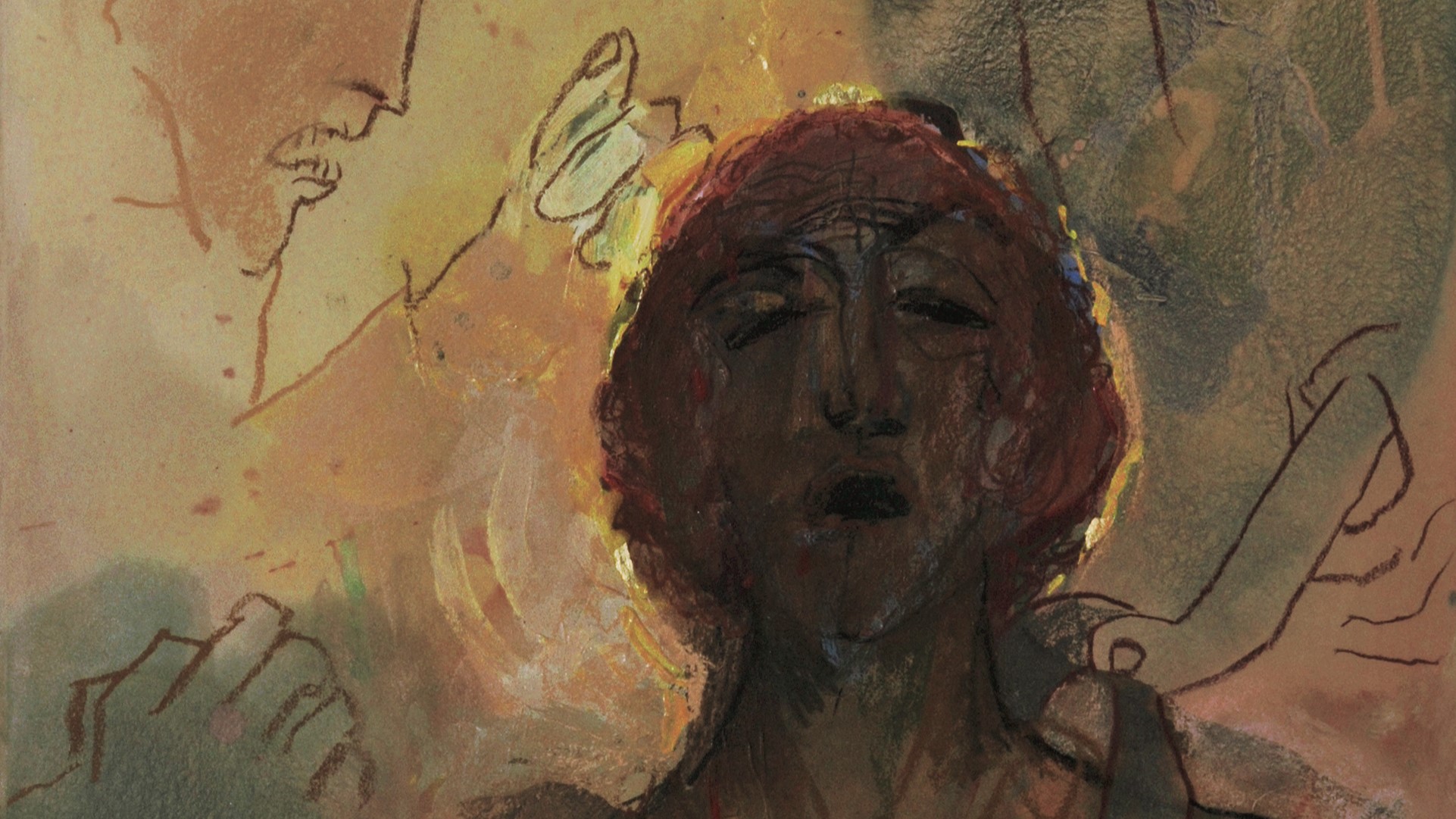
Luke 11:4
NL301
4 And forgiveA us our sins,B
for we ourselves forgive everyoneC indebtedD to us.
A “forgive” = aphiemi. From apo (from, away from) + hiemi (to send). This is send away, release, permit, forgive, allow to depart, discharge, or send forth.
B “sins” = hamartia. From hamartano (to miss the mark, do wrong, make a mistake, sin); {from a (not) + meros (a part or share)}. Literally, this means not having one’s share or portion – like not receiving inheritance or what was allotted to you. This word means missing the mark so it is used for guilt, fault, and acts of sin.
C “everyone” = pas. This is all or every.
D “indebted” = opheilo. Perhaps from the base of ophelos (advantage, gain, profit); from ophello (heaped together, accumulate, increase). This is to be indebted morally or legally – having an obligation one must meet. This term came from the legal world, but was then adopted in reference to morality. In the New Testament it is used for humanity’s ethical responsibility.
And do not bringE us to the time of trial.”F, G
E “bring” = eisphero. 8x in OT. From eis (to, into, for, among) + phero (to bear, bring, lead, make known publicly; to carry in a literal or figurative sense)}. This is to carry in, lead into, or announce. It can be literal or figurative.
F “time of trial” = peirasmos. From peirazo (to test, try, tempt, or make proof of, scrutinize, or assay something; could also be examine, entice, prove, or discipline); from peira (trial, experiment, attempt, experience, assaying); from the base of peran (over, beyond, across); akin to pera (on the far side); from a derivative or peiro (to pierce). This is a test as in an experiment or assaying. It is also trial, temptation, and discipline. Further, it could be used to mean calamity, affliction, or adversity more generally.
G Some manuscripts include, “but deliver us from the evil one” = alla + rhuomai + ego + apo + ho + poneros. Rhuomai is 18x in NT. Related to eruo (to draw or drag) OR related to rheo (to flow, overflow). This is to rescue or set free. It is to deliver from danger, to snatch up. Poneros is from poneo (to toil); related to ponos (pain, trouble, labor, distress, suffering; toil, which implies anguish); from the base of penes (a laborer, poor person, starving or indigent person; someone who works for their living); from pernomai (working for a living; laborer, poor person; to work for daily bread); from peno (to toil to survive day by day). This is bad, evil, wicked, malicious, grievous, or toilsome. Properly, it is something that bears pain – it emphasizes the miseries and pains that come with evil. By contrast, the Greek kakos refers to evil as part of someone’s core character. Also contrasting the Greek sapros, which deals with falling away from a previously embodied virtue. This word can mean ill, diseased, morally culpable, derelict, vicious, malicious, or guilt. It can also refer to the devil or sinners.
Image credit: “The Torture” by Adi Holzer, 1986. Photo by Michael Gäbler, 2014.
